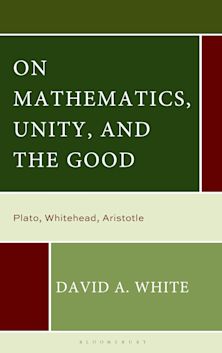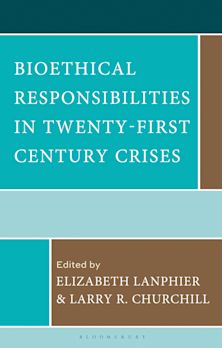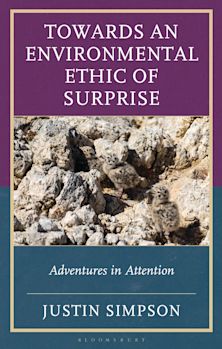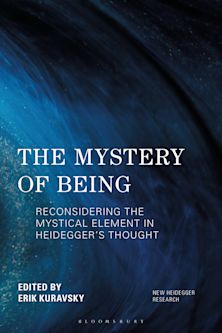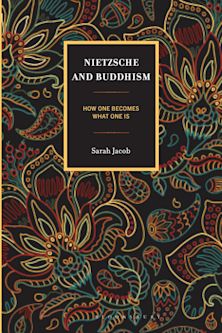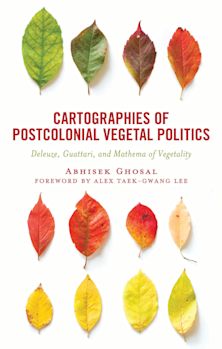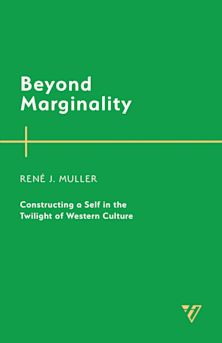Propositions in the Making
Experiments in a Whiteheadian Laboratory
Propositions in the Making
Experiments in a Whiteheadian Laboratory
Description
How do we make ourselves a Whiteheadian proposition? This question exposes the multivalent connections between postmodern thought and Whitehead’s philosophy, with particular attention to his understanding of propositions.
Edited by Roland Faber, Michael Halewood, and Andrew M. Davis, Propositions in the Making articulates the newest reaches of Whiteheadian propositions for a postmodern world. It does so by activating interdisciplinary lures of feeling, living, and co-creating the world anew. Rather than a “logical assertion,” Whitehead described a proposition as a “lure for feeling” for a collectivity to come. It cannot be reduced to the verbal content of logical justifications, but rather the feeling content of aesthetic valuations. In creatively expressing these propositions in wide relevance to existential, ethical, educational, theological, aesthetic, technological, and societal concerns, the contributors to this volume enact nothing short of “a Whiteheadian Laboratory.”
Table of Contents
Abbreviations
Editor's Preamble
Part I. The Making of Propositions
1 For a Whiteheadian Laboratory: How Do you Make Yourself a Propostion?
Erin Manning and Brian Massumi
Part II. Thinking Propositions
2 Knowing Whitehead?
Michael Halewood
3 Space, Time, and the Deity of Peace
Roland Faber
4 Designing Propositions
A.J. Nocek
5 An Internet of Actual Occasions: Notes Toward Understanding 21st Century Tendencies in Media, Communications, and World
Andrew Murphie
6 Thinking with Whitehead about Existential Risk
James Burton
7 Witness at the Slaughterhouse: Seeking Conflicting Propositions for Alternate Futures
Brianne Donaldson
8 Communities Keep the Dream Alive as Proposition?
Timothy Murphy
9 Geology Not Chronology: Problems of Naming in Education
Matthew Goulish
Part III. Experimenting With Propositions
10 The Question: How Do We Make Ourselves a Proposition?
Susanne Valerie [Granzer]
11. Choreographic Propositions: Grasping the environmental excess that feels like nothing,
Product details
| Published | 13 Nov 2019 |
|---|---|
| Format | Ebook (PDF) |
| Edition | 1st |
| Extent | 236 |
| ISBN | 9781978794030 |
| Imprint | Lexington Books |
| Illustrations | 3 b/w photos; |
| Series | Contemporary Whitehead Studies |
| Publisher | Bloomsbury Publishing |
Reviews

ONLINE RESOURCES
Bloomsbury Collections
This book is available on Bloomsbury Collections where your library has access.













